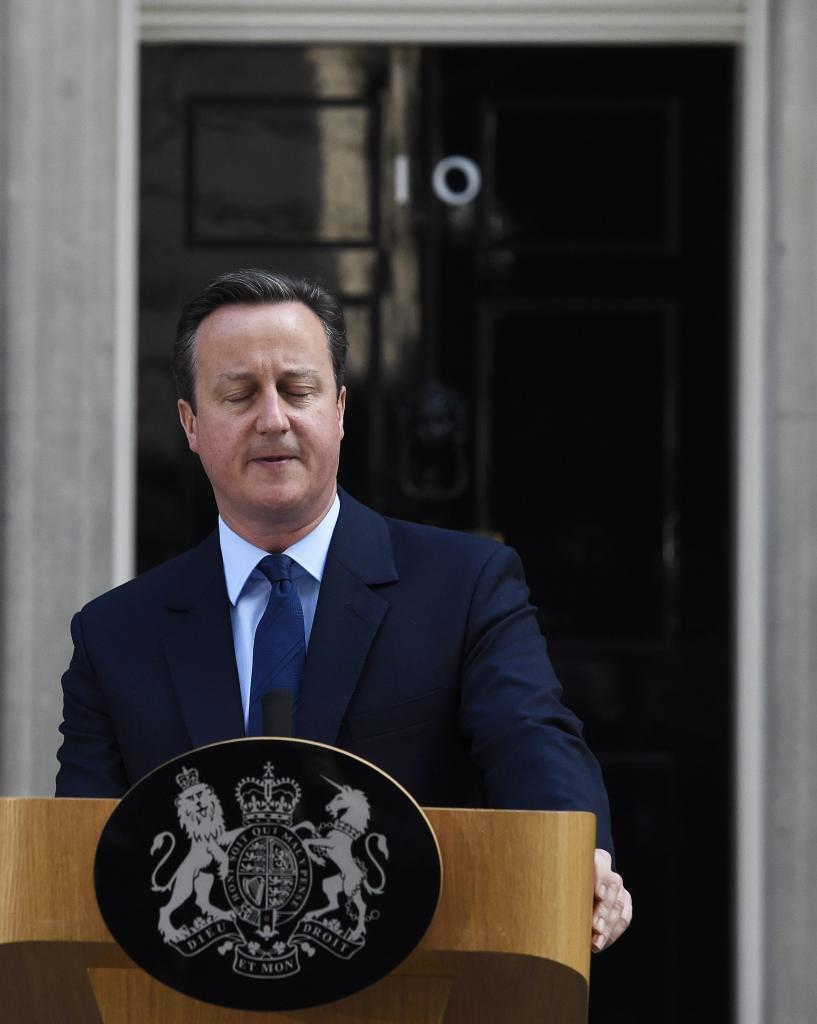The words for the Brits were much the same whoever delivered them, the British ambassador, Simon Manley, the former PP councillor in Calvia, Kate Mentink, or indeed the regional government: nothing happens in the short term, two years at least. What no one could say, because no one knows, is what might happen in the longer term.
The politicians, the hoteliers and business associations all had different words that were the same: the pound will drop in value (already has); tourism will be affected if not this year because of bookings already made but quite possibly next year; local businesses will suffer from reduced spending; investment from Britain, in its various forms, will take a hit.
There was already notice of this latter aspect before the vote. A Thursday report said that there had been a slowing of interest by British property buyers because of concerns about the referendum. The president of the Balearic association of property developers believed that if the vote were remain, then the market would revert to normal. The builders had not been the only ones who had thought (hoped) that it would be remain.
The regional government, for one particular reason, may not have seen leave coming. Yesterday, we noted the words of the tourism minister Biel Barceló in November last year. He had not been concerned about the effects of the tourist tax on the UK tourism market. "Given the strength of the pound, the amounts that would need to be paid would not seem great; almost like small change." The tax takes effect on Friday.
Given all this, yesterday was probably not the best day for Majorca's hotels to be announcing that negotiations over prices with tour operators had been concluded for 2017 and that there will be rises of anything up to 15%.
Police operations
Other news last week appeared almost incidental, but news there was, with the police forces claiming further successes against drugs and organised crime. On Tuesday, there was the report of another National Police operation against drugs' clans in Palma. This was one which demanded the involvement of an army bulldozer and the police's explosives unit.
The following day and it was news of Interpol involvement in a Guardia Civil operation against Russian and Georgian "mafias" which was centred on Palma and Santa Ponsa but included wider Spanish and European police action. On to Thursday and the Guardia were smashing a gang that had been based in Manacor, while on Friday there was an update on an operation that had been started the previous week: 25 arrests in breaking up a Dominican cocaine-trafficking gang.
Beach services
Puerto Pollensa, far from calming down after all the fuss over the pedestrianisation scheme and beach services, found itself in the spotlight again: beachgoers were being wrongly charged for sunloungers as the town hall hadn't yet given official authorisation to the concession holder, and the front line road (a short stretch which was still two-way) was closed off in one direction. This was more evidence of town hall "improvisation", said the ex-mayor. Meanwhile, at least in Paguera there don't seem to have been issues with beach services. In a Sunday letter, Ray Waite was "tremendously impressed" with the services.


No comments
To be able to write a comment, you have to be registered and logged in
Currently there are no comments.